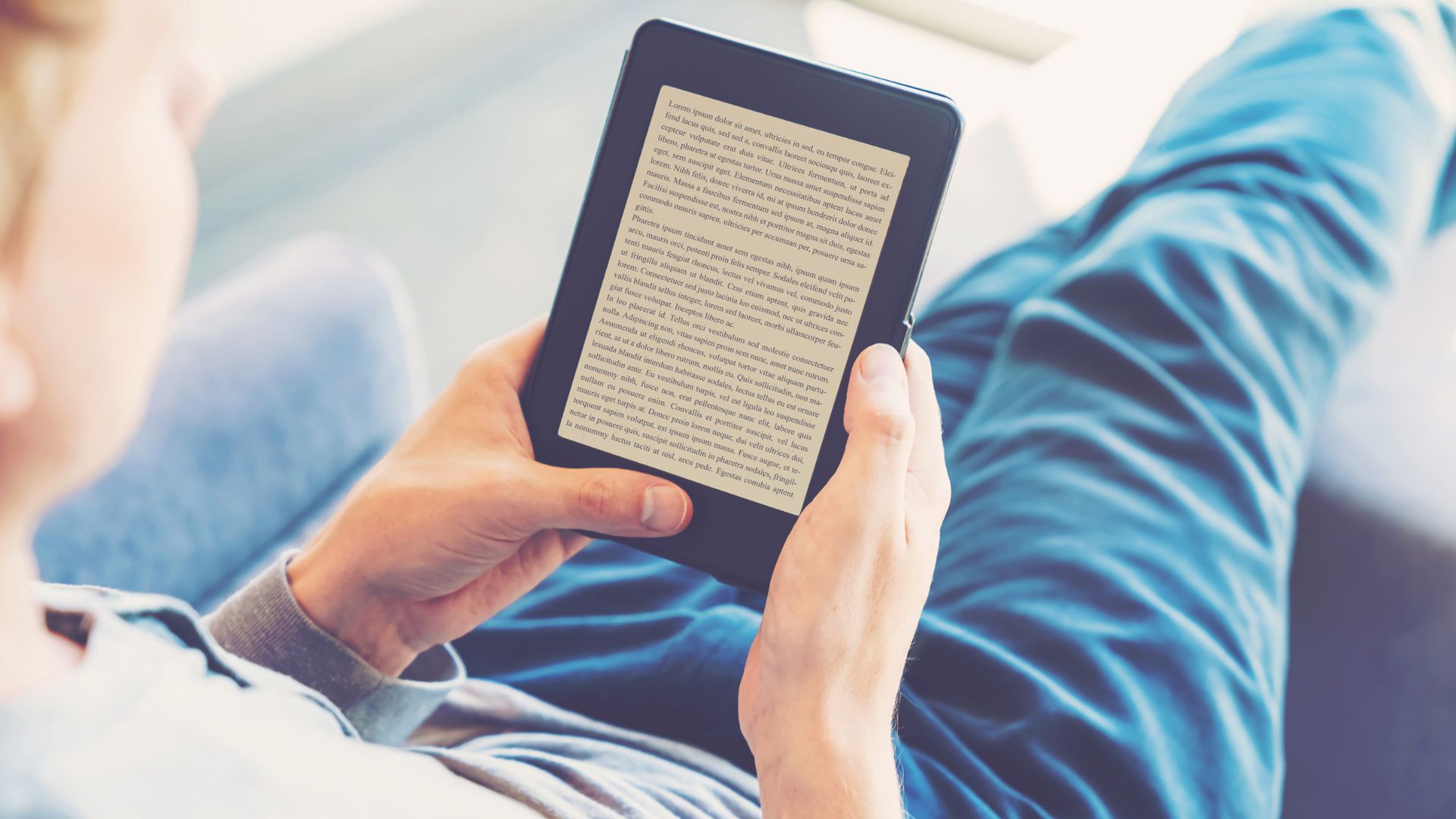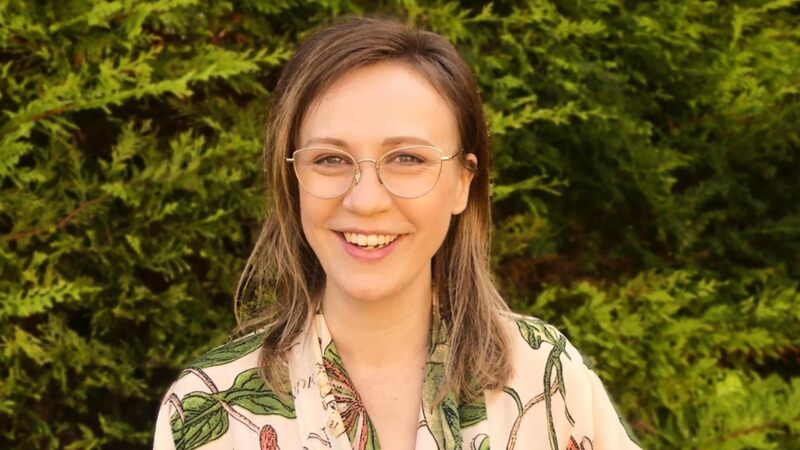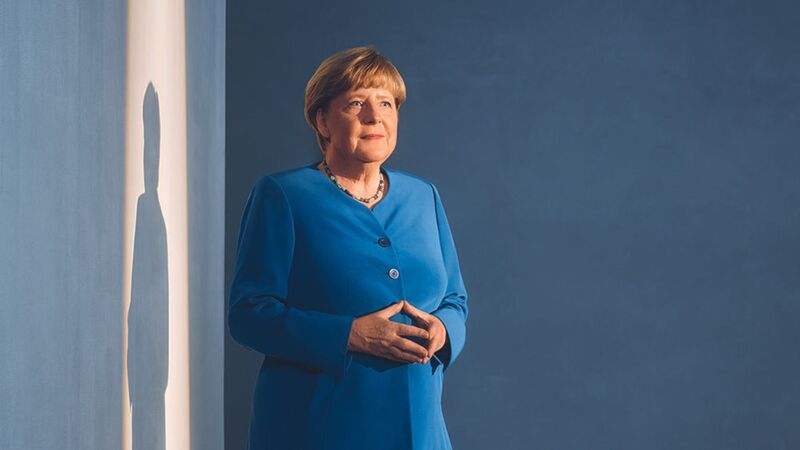You are viewing your 1 free article this month. Login to read more articles.
US judge rules Internet Archive's digital book lending violates copyrights
A US judge has granted a summary judgement in favour of four major publishers that the Internet Archive’s (IA) digital book lending violates copyrights.
New York Federal Court Judge John Koeltl ruled on Friday (24th March): “At bottom, IA’s fair use defence rests on the notion that lawfully acquiring a copyrighted print book entitles the recipient to make an unauthorised copy and distribute it in place of the print book, so long as it does not simultaneously lend the print book. But no case or legal principle supports that notion. Every authority points the other direction.”
Brewster Kahle’s organisation IA has been criticised for its mass scanning and distribution of literary works under a process called Controlled Digital Lending (CDL), which compares the copies to traditional library lending. The publishers say it is a front for mass copyright infringement that hurts the e-book market for authors.
Member companies of the Association of American Publishers (AAP) first filed a lawsuit against IA in June 2020 in the United States District Court for the Southern District of New York. Among the plaintiffs are Hachette Book Group, HarperCollins Publishers, Penguin Random House and Wiley.
The parties have 14 days to submit proposals to the judge “for the appropriate procedure to determine the judgment to be entered in this case.”
IA promised an appeal, saying the ruling "holds back access to information in the digital age, harming all readers, everywhere."
Maria Pallante, the head of AAP, said in a statement the ruling "underscored the importance of authors, publishers, and creative markets in a global society".
Mary Rasenberger, c.e.o. of The Authors Guild said “this is a resounding win not just for publishers but authors” adding: “Let us be very clear: authors love libraries. Libraries don’t steal books—they support authors by buying books legally, and licensing the digital works. Library licensing generates income that authors desperately need, with the typical author receiving 25% of the license."

















